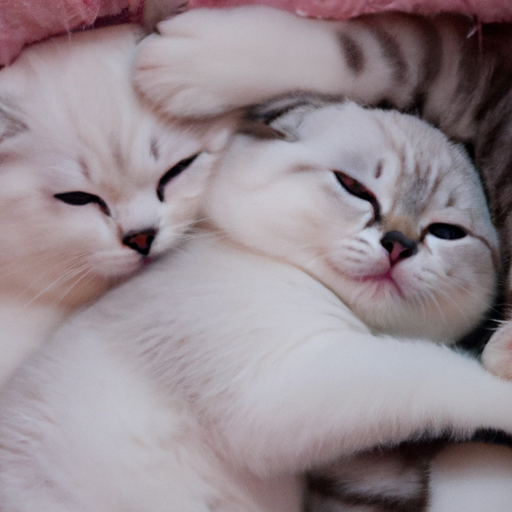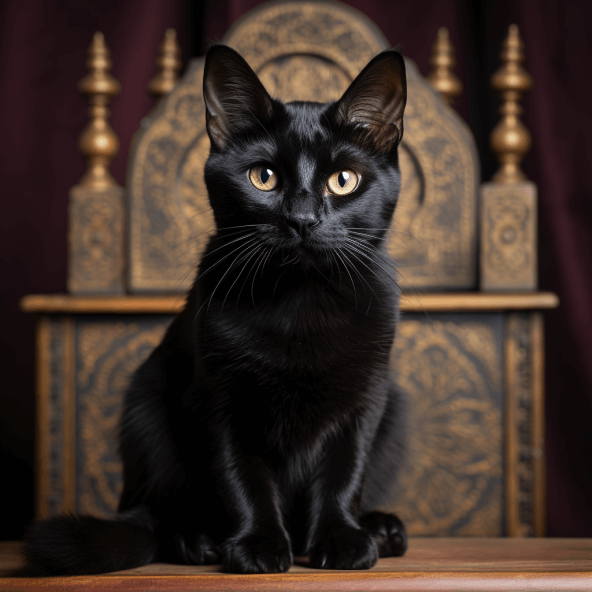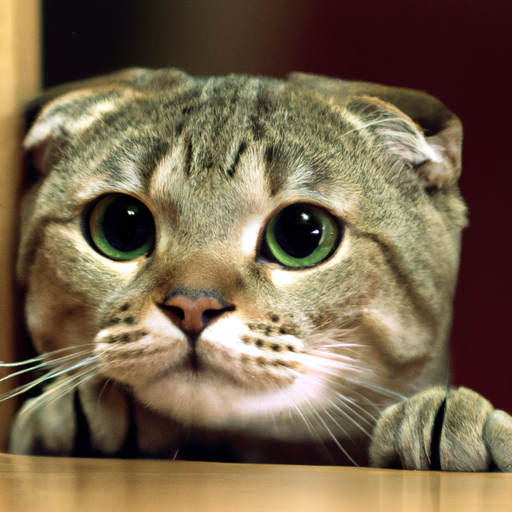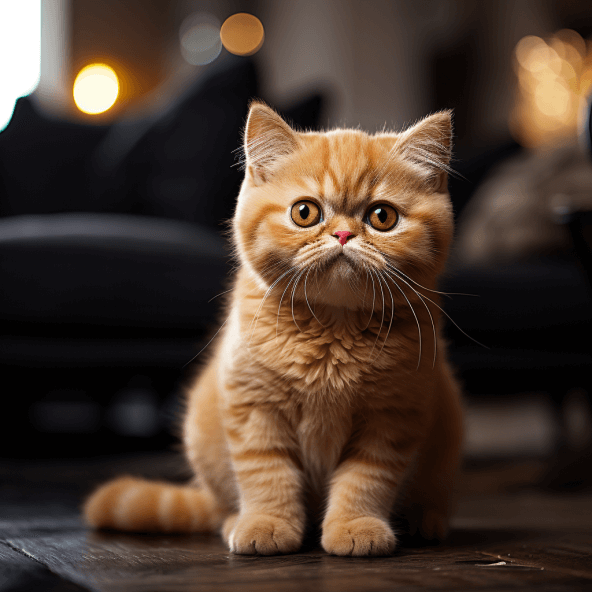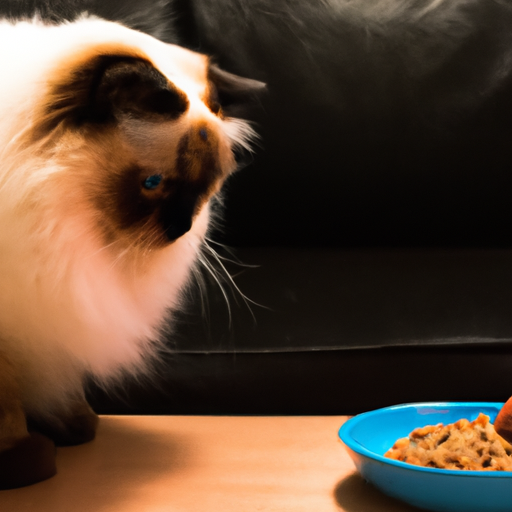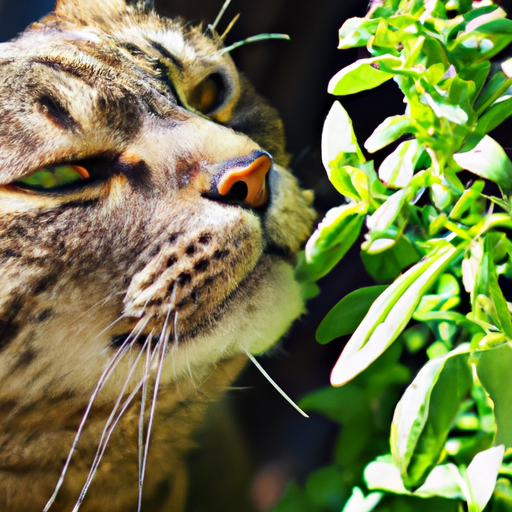How Many Hours A Day Do Cats Sleep?
Ever wondered why your feline friend seemingly has a 24/7 hibernation mode? In the forthcoming article, “How Many Hours A Day Do Cats Sleep”, you’ll get all the answers to possibly the most fascinating aspect of cat behavior. Spoiler alert, your cuddly pal loves a good nap more than you could ever imagine. Prepare to unravel the mysteries behind their drowsing patterns and just why they might be snoozing their days away.

Understanding the Cat’s Natural Sleep Cycle
Becoming acquainted with your feline friend’s natural sleep cycle can make for a more harmonious living arrangement. Though house cats spend much of their daytime hours napping, their sleep patterns are far more complex than they might initially appear.
Identifying the Cat’s Sleep Cycle
Cats sleep cycle differs from that of humans. While we tend to sleep in one long stretch, cats sleep in short spurts throughout the day and night. Their rapid eye movement (REM) sleep is when they are in deep sleep and dreaming. If you see a twitching tail or paw, your cat might be dream chasing mice in its sleep!
Cats as Nocturnal Creatures
Cats are known to be nocturnal creatures. This means they are most active during the evening and early morning hours. Ancestry wise, cats had to hunt for food, particularly after dusk, a trait we still see in them.
The Influence of Wild Ancestry on Cat’s Sleep Pattern
Cat’s wild ancestors needed to conserve their energy for survival and hunting. They developed a sleep-wake cycle that maximized their hunting successes, hence the more nocturnal behavior. This inherent behavior is still found in domestic cats, and it contributes significantly to their sleep patterns.
How Many Hours a Day do Cats Sleep: The Average Figures
Ever wondered why your feline buddy always seems to be curled up someplace snoozing? To break it down, how many hours a day do cats sleep?
Newborn Kittens and Their Sleep Needs
Newborn kittens spend most of their time sleeping. This is an essential phase for their growth and development. Kittens can sleep up to 20 hours a day, waking for short feeding sessions in between.
Adolescent Cats and Sleep
As cats enter adolescence, their sleep duration decreases but still, they spend a considerable part of the day sleeping, adding up to 16-20 hours a day. Often, they will wake to play and to eat, engaging in spurts of hyperactivity.
Sleep Patterns of Adult Cats
Adult cats sleep in average 13 to 14 hours in a day. This is spread across day and night, with peaks of activity generally occurring at dawn and dusk, aligning with their hunting instincts.
Elderly Cats and Sleep
Senior cats, much like newborn kittens, require more sleep, often totaling 20 hours a day. They tend to have a more peaceful sleep and are less active when awake. As cats age, restful sleep becomes more critical for their well-being.
Factors Influencing a Cat’s Sleep Duration
Several factors can influence the duration and quality of a cat’s sleep, including health, diet, lifestyle, and environment.
Impact of Health on Cat’s Sleep
A sudden change in sleep pattern could be indicative of underlying health issues. Increased sleep, decreased sleep, or restlessness during sleep warrants attention.
Effect of Diet on Sleep Duration
A cat’s diet affects the quality and duration of its sleep. An underfed cat may experience disrupted sleep, while an overly full one might sleep longer than average due to indigestion or sluggishness.
Influence of Lifestyle and Activity Levels
Cats that are less active during the day, or the ones living in indoor environments without much stimulation, tend to sleep more than their active counterparts.
Role of Environment in Sleep Habits
Cats are vulnerable sleepers who prefer a quiet, secure spot. Any disruptions in their environment can dramatically affect their sleep duration and quality.
Sleep Behavior of Domestic Cats versus Wild Counterparts
There can be quite a difference in sleep behavior between domestic cats and their wild counterparts.
Domestic Cats: Sleep Duration and Behavior
Domestic cats are pampered and protected, and hence tend to sleep more. Since their survival no longer hinges on hunting, domestic cats’ sleep more out of boredom.
Wild Cats: Sleep Habits and Comparison with Domestic Cats
Wild cats have a rougher lifestyle compared to their domestic counterparts. Their sleep is often dictated by their need to hunt and by their vulnerabilities to potential predators.
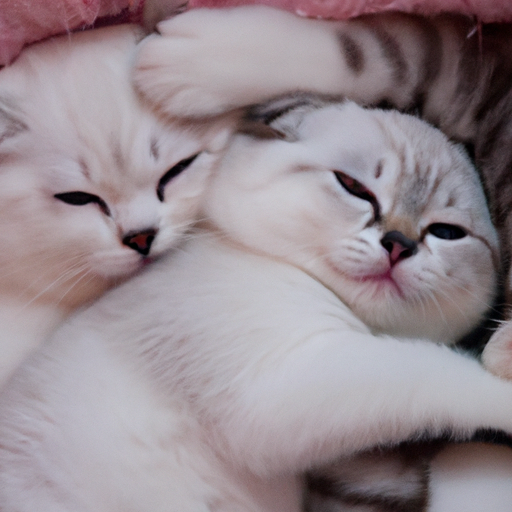
Physical Patterns Related to Cat’s Sleep
Cat’s physical patterns during sleep can tell us a lot about their comfort level and their health.
Sleep Positions and What They Indicate
Cat’s sleep positions can indicate their comfort levels, safety, and temperature. A cat curling up into a tight ball or hiding might not feel safe, while a cat sprawling on its back is probably secure and might be trying to cool off.
The Phenomenon of ‘Cat Naps’
Cats are famous for their ‘cat naps’. These short, light sleep periods keep them rested while still alert to potential danger or possible prey.
Understanding REM Sleep in Cats
Cats experience REM sleep where dreaming occurs, just like humans. Contrary to us, cats spend only about 25% of their sleep in the REM state.
The Sleep Health of the Cat
Just like humans, a cat’s sleep health is a significant reflection of its overall health.
Signs of Sleep Disorders in Cats
Changes in sleep patterns, lack of energy, loss of appetite, and behavioral changes could point towards a possible sleep disorder in cats.
Common Sleep Disorders
Sleep disorders can include insomnia, sleep apnea, narcolepsy, and hypersomnia. If you notice any symptoms, it might be a good idea to consult with a vet.
Consulting a Vet for Sleep-Related Issues
Don’t hesitate to consult a vet if you notice significant changes in your cat’s sleep patterns. A vet can diagnose if the issue is a sleep disorder or symptom of another underlying health condition.
Changes in a Cat’s Sleep Pattern
Having a basic understanding of what constitutes a normal sleep pattern for a cat can help you identify potential health issues.
What Constitutes as an Abnormal Sleep Pattern
Excessive sleep, restlessness during sleep, or significant changes in sleep habits are indicators of abnormal sleep patterns in your cat and possibly underlying health issues.
Potential Causes for Changes in Sleep Pattern
Changes in sleep patterns could result from various reasons, including aging, illness, stress, dietary or environmental changes, or even the lack of mental and physical stimulation.
Myths and Misunderstandings About Cat Sleep
Like any other creature’s behavior, cat sleep is the subject of several myths and misunderstandings.
Decoding Cat Sleep Quirks
Cats have individual sleep quirks. Some twitch their paws, while others roll around or even sleepwalk. These are generally harmless, but sudden changes in these quirks might need attention.
Busting Myths About Cat’s Sleep
Contrary to popular belief, cats don’t always sleep due to laziness or boredom. Their sleep habits are considerably influenced by their diet, environment, and inherent hunting instincts.
Approach Towards a Sleeping Cat
Just like you enjoy your uninterrupted sleep, it’s crucial to respect a snoozing kitty’s sleep as well.
Leaving a Cat Undisturbed During Sleep
It’s important to leave a cat undisturbed during their sleep, especially during their deep sleep (REM) stage. Since this deep sleep stage is shortest for cats, it’s important that it is undisturbed.
Interacting with a Cat Just Awake from Sleep
Keep your interactions, post your cat’s waking up, gentle. Sudden loud noises, or energetic play can be disorienting to a cat just getting out of a snooze.
Promoting Good Sleep Habits in Cats
To ensure your cat has a healthy sleep schedule, there are a few key factors to consider in its daily routine.
Establishing Routine for a Cat’s Sleep
Cats are creatures of habit. Try to establish a routine for feeding, playtime, and sleep. This consistency helps to stabilize their sleep patterns.
Creating a Sleep-Friendly Environment
Provide a quiet, private, comfortable, and warm space for your cat to sleep undisturbed. This will significantly enhance their sleep quality.
Ensuring Exercise and Play time for Better Sleep
Ensure your cat gets enough daily exercise. Play with them using toys or a laser pointer to keep them stimulated. Physically satisfied and mentally active cats sleep better and longer.

